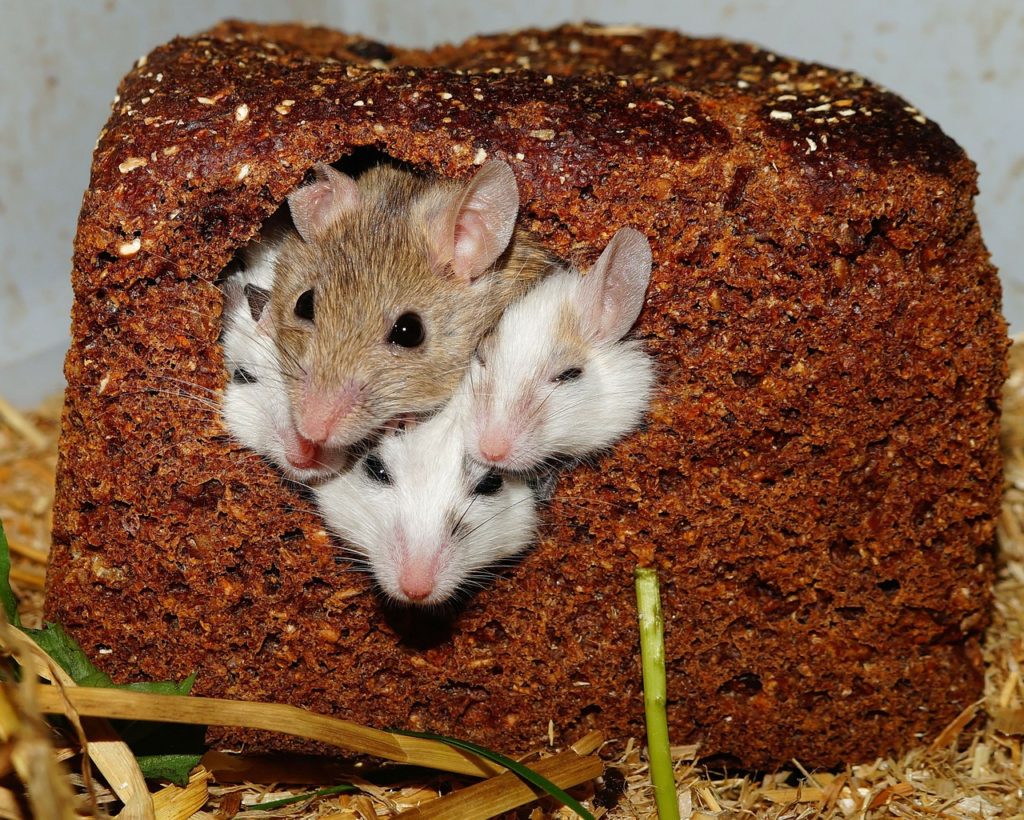April 26, 2019
How Euphemisms Work: Thoughts on…Thought Control
A quick definition of a euphemism is “a phrase or word used as an ameliorating substitute for an unpleasant or offensive word”. Some people might say “senior citizens” instead of “old people” (or, heaven forbid, “old farts”). But how euphemisms work is a more complex issue, with elaborate psychological underpinnings.
“Euphemism” is a Greek word, literally meaning “good speech”. It was used in the Koine Greek (also known as Alexandrian Dialect, roughly between 300 BCE – 300 CE). Its modern meaning came much later.
Euphemisms can be very obvious, as in the senior-citizen example above. But they can also be extremely subtle, which is what makes them interesting. So, let’s take a look at how euphemisms work. But before that, a funny story about euphemisms. It involves mice. Lots of them.

A Mouse Is (not) a Mouse Is (not) a Mouse
My grandma hated mice. She lived in a small house in the countryside and, as a result, there was nothing cute about seeing a mouse. Furthermore, she never actually referred to mice as such. She used the word “them”.
So, if she saw bread crumbs on the floor, she’d say she needed to wipe them immediately, “lest ‘any of them’ should come”. Part of this motivation was her belief that if you said the word (mouse) out loud, one would sooner or later pop upOf course, the funny detail is, a mouse would sooner or later pop up in a countryside house. This is what the post hoc fallacy is all about!.
Then one day, a nephew of hers (entirely oblivious to her euphemistic habits) came for a visit. “Guess what, aunt?” he said. “When I came back home today, I found a truckload of mice running inside. They were everywhere! Mice under the couch, mice under the table, mice under the bed!”
Needless to say, my grandma almost needed a defibrillator that day.
How Euphemisms Work: It’s about Subtlety
This was a funny example of how euphemisms don’t work the way you intended (since you can’t convince everyone to use them). But there’s the key: in turning a euphemism into a standard, everyday word. Once the euphemisms substitute the previously used word, the task is over.
And so, words, phrases, and expressions such as the following are no longer consider euphemisms but “normal” aspects of language.
- Partly sunny weather
- To pass away
- Bathroom tissue
- … and of course let’s not forget that entire countries’ names are a trolling-level euphemism: People’s Democratic Republic of Korea, which isn’t the people’s, nor is it democratic, nor is it a republic.
The more the euphemism succeeds in displacing the previous, more describing word, the more the euphemism accomplishes its task.
What is its task, you might ask.
It’s all about Thought Control
Well, “partly cloudy weather” is too depressing, and so is “to die”. As for “toilet paper”… Nah, not posh enough.
Of course (socio-)politics is the real arena for introducing euphemism, because it’s all about thought control. And so we have “Post-Traumatic Stress Disorder” (or heck, even “PTSD”), not “shell shock”, or “underprivileged”, not “poor” people.
Sometimes even people or groups with good intentions might accidentally (I wonder…) fall for this trap. I can’t tell you how many times I’ve heard groups and organizations talking about “inequality”. It’s not inequality when one side brutally takes advantage of the other.
It’s all about control and the continuation of numbing ignorance.
Others, wiser than me, have put it much more aptly:

Comments are closed for posts older than 90 days